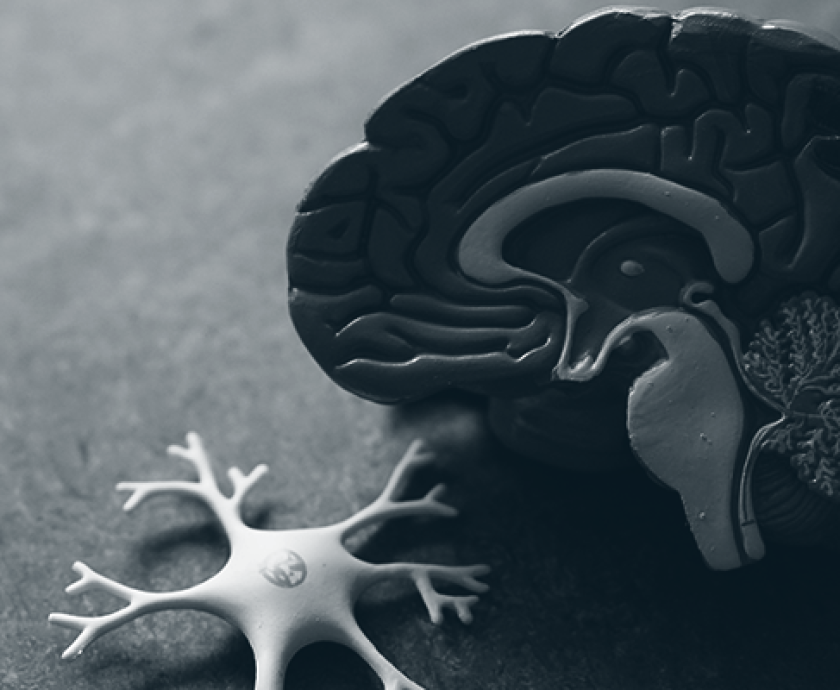In March, the Brian Injury Association of America (BIAA) submitted a position paper calling for the Centers for Disease Control and Prevention (CDC) along with the Centers for Medicare and Medicaid Services (CMS) to designate a brain injury as a chronic condition. In addition, it calls for a brain injury to be recognized, treated, and covered as chronic. This would be a huge benefit to the survivors Villa Licci serves and could impact the services and programs we are striving to provide.
When a brain injury is treated as an acute or one-time condition, treatments and services are limited to those classifications. This includes rehabilitation services, medical treatments, insurance coverage, and other benefits and supports. It means that once a person is supposedly healed – or reaches a certain point in their recovery – their access to these services diminishes. If a person continues to suffer from long-term effects of their brain injury, they can face difficulties in accessing the help they need.
One of the reasons for a lack of awareness about the chronic nature of brain injuries is that some symptoms and effects are not noticeable right away. A person may seem to recover fairly well, but then have a relapse. Or, they may only show other symptoms later in life that can be traced back to their TBI. These can include headaches, fatigue, memory issues, depression and other mental issues, and physical ailments, among others.
By classifying brain injury as a chronic condition, the CDC and CMS can use their combined reach to educate both individuals and organizations that serve these survivors so as to better assist and improve their quality of life.
It could then release more funding to helping those living with chronic impairment from their TBI, in the same way that other chronic conditions receive funding and resources. It would be our hope that some of this funding would be to help survivors find quality living situations, such as Villa Licci, so they can continue their recovery in a stable, supportive community.











